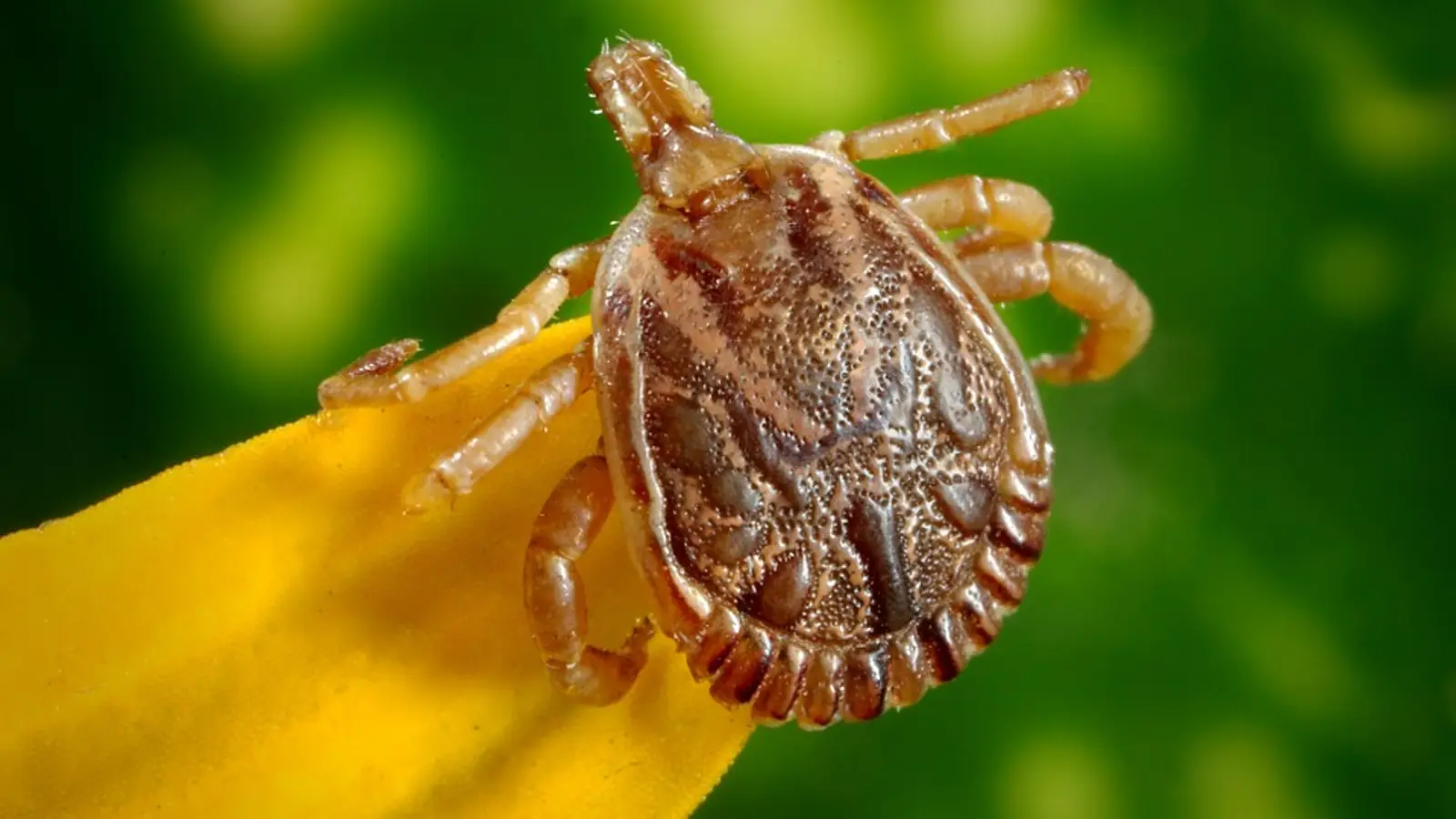What Happens If You Get Bites by a Tick: Warnings About This New Summer Pest

This is the first time this parasite has been included as a species to be monitored due to its prevalence in Spain.
With the arrival of summer, tick activity increases, which is due to climatic conditions that favor their reproduction. This year, the Ministry of Health issued a warning about a particularly alarming situation due to the increase in cases of diseases transmitted by these parasites, such as Crimean-Congo hemorrhagic fever and Lyme disease.
Why was this warning made in the summer?
Warmer summer temperatures and greater human-nature interactions create an environment conducive to tick activity, particularly Hyalomma ticks, which are found in high numbers in rural and forested areas, increasing the risk of contact with people and pets. Climate change is key because it extends the active season for these parasites and expands their range.
For this reason, the Ministry of Health included tick surveillance and control in the National Vector-Borne Disease Control Plan for the first time. The plan addresses emerging and endemic diseases, with a particular focus on Crimean-Congo hemorrhagic fever, which has seen an alarming increase in cases since 2016, as well as a significant mortality rate.
Dangers of a tick bite
Tick bites can cause numerous diseases with serious health consequences. Among the most alarming is Crimean-Congo haemorrhagic fever, a disease that has been on the rise in Spain, with cases reported since 2010. Transmission occurs primarily through the bite of an infected tick, but it can also spread from person to person. Symptoms include high fever, muscle pain and, in severe cases, bleeding.
Another important disease is Lyme disease, caused by the bacteria Borrelia burgdorferi and transmitted by ticks of the family Ixodidae. Initial symptoms usually include a bull’s-eye rash, fever, and fatigue. If left untreated, it can lead to serious neurological and joint problems. In Spain, about 2,000 cases are diagnosed annually, although it is suspected that the real number is higher due to indirect diagnoses.
To prevent these diseases, the Ministry of Health recommends measures such as wearing clothing that covers the skin, using appropriate repellents and checking the body and clothing after outdoor activities. In case of a bite, remove the tick with blunt-edged tweezers by pulling it perpendicularly upwards and seek medical attention if unusual symptoms occur.
ondacero.es